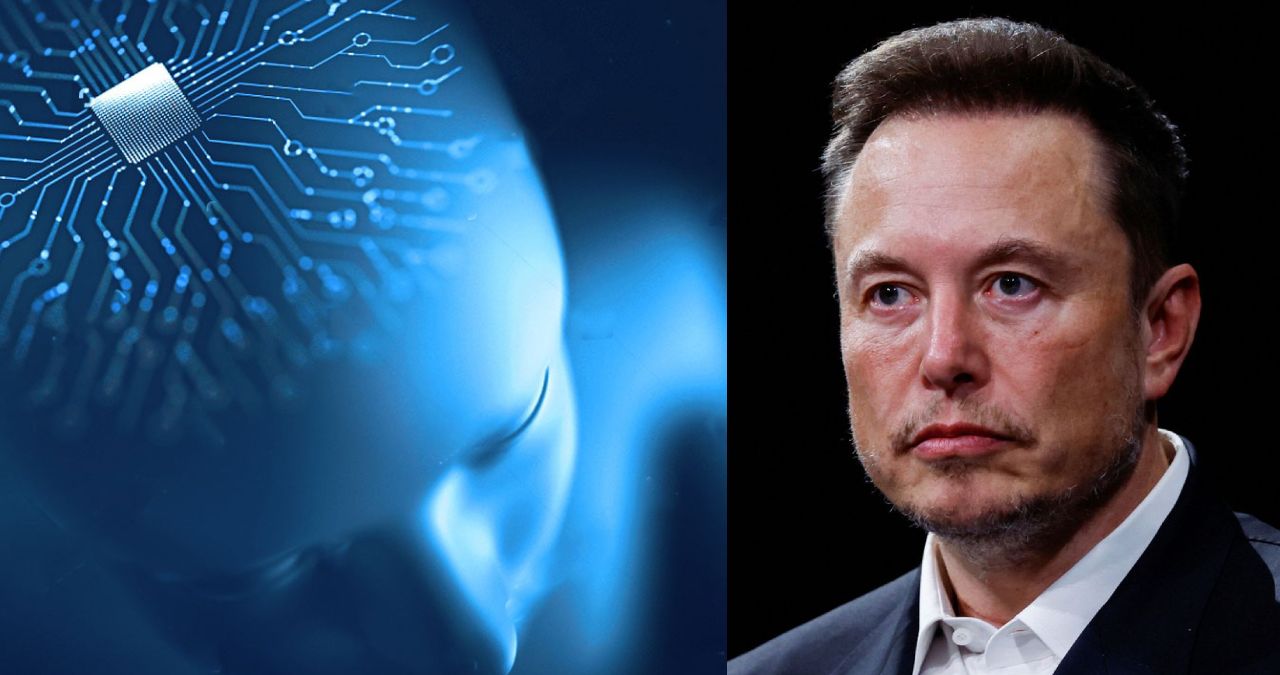New Delhi: Neuralink, the brainchild of visionary entrepreneur Elon Musk, has made a groundbreaking announcement that has the potential to change lives. The company is now inviting applications from quadriplegic individuals to participate in their pioneering first-in-human clinical trials. These trials mark a significant step forward in the realm of brain-computer interface (BCI) technology. In this article, we explore the details of Neuralink’s PRIME Study and how it aims to redefine possibilities for those living with paralysis.
The PRIME study: Bridging minds and machines
After receiving the green light from the FDA and securing approval from both an independent reviewing board and the host hospital, Neuralink is set to embark on the PRIME Study. This ambitious endeavor involves implanting the cutting-edge N1 brain-computer interface device into the brains of carefully selected candidates. The procedure will be carried out using Neuralink’s advanced R1 surgical robot, specially designed to record movement intentions and transmit them to external devices.
Unlocking human potential
The primary objective of the PRIME Study is twofold. First, it aims to ensure the safety and efficacy of the N1 implant and the R1 surgical robot. Second, it seeks to answer a profound question: Can individuals with quadriplegia, resulting from conditions such as cervical spinal cord injuries or amyotrophic lateral sclerosis (ALS), successfully interface with external devices through their thoughts?
A glimpse into the future
Neuralink’s R1 robot will delicately place the N1 implant in the region of the brain responsible for “movement intention.” This groundbreaking implant will record and transmit brain signals representing intended movements to a paired application. This application will then work its magic to decode these intricate signals, opening up a world of possibilities.
Who can apply?
If you or someone you know meets the criteria of quadriplegia due to a cervical spinal cord injury or ALS, you may be eligible to participate in this historic study. Neuralink encourages potential candidates to explore their Patient Registry to determine their eligibility for these groundbreaking trials.
Changing lives, one implant at a time
In 2020, Elon Musk shared his vision on the Joe Rogan Experience, highlighting the potential of Neuralink’s brain implants to restore vision to the blind, revive limb functionality, mitigate epileptic seizures, and even combat Alzheimer’s disease. Neuralink’s first human trials represent a monumental leap toward realizing these transformative goals.
As Neuralink opens the door to a future where minds can communicate with machines, it’s a testament to human ingenuity and the unyielding pursuit of innovation. The PRIME Study holds the promise of offering newfound hope and opportunities for individuals who have longed for a chance to reclaim their independence and mobility.













